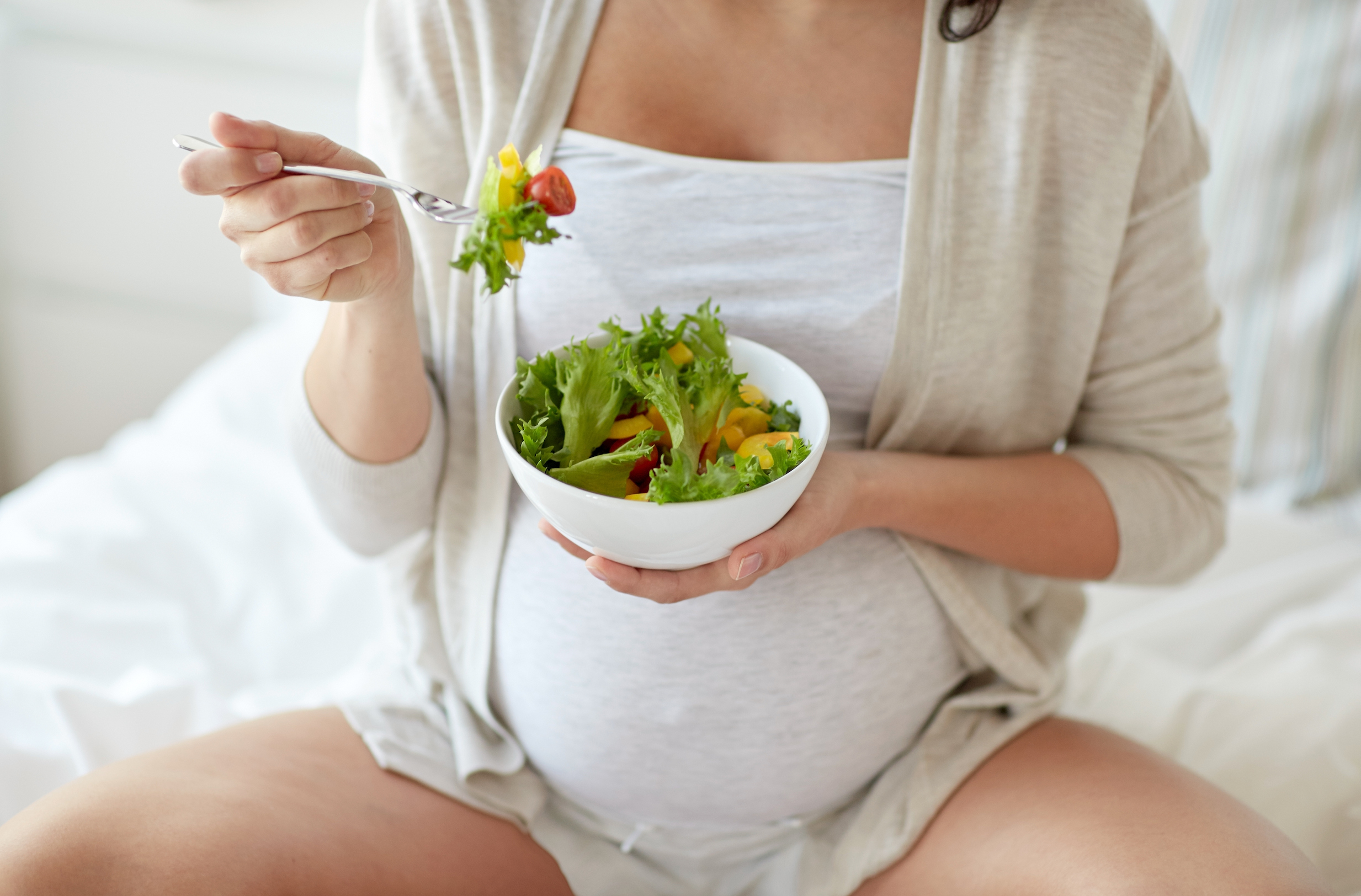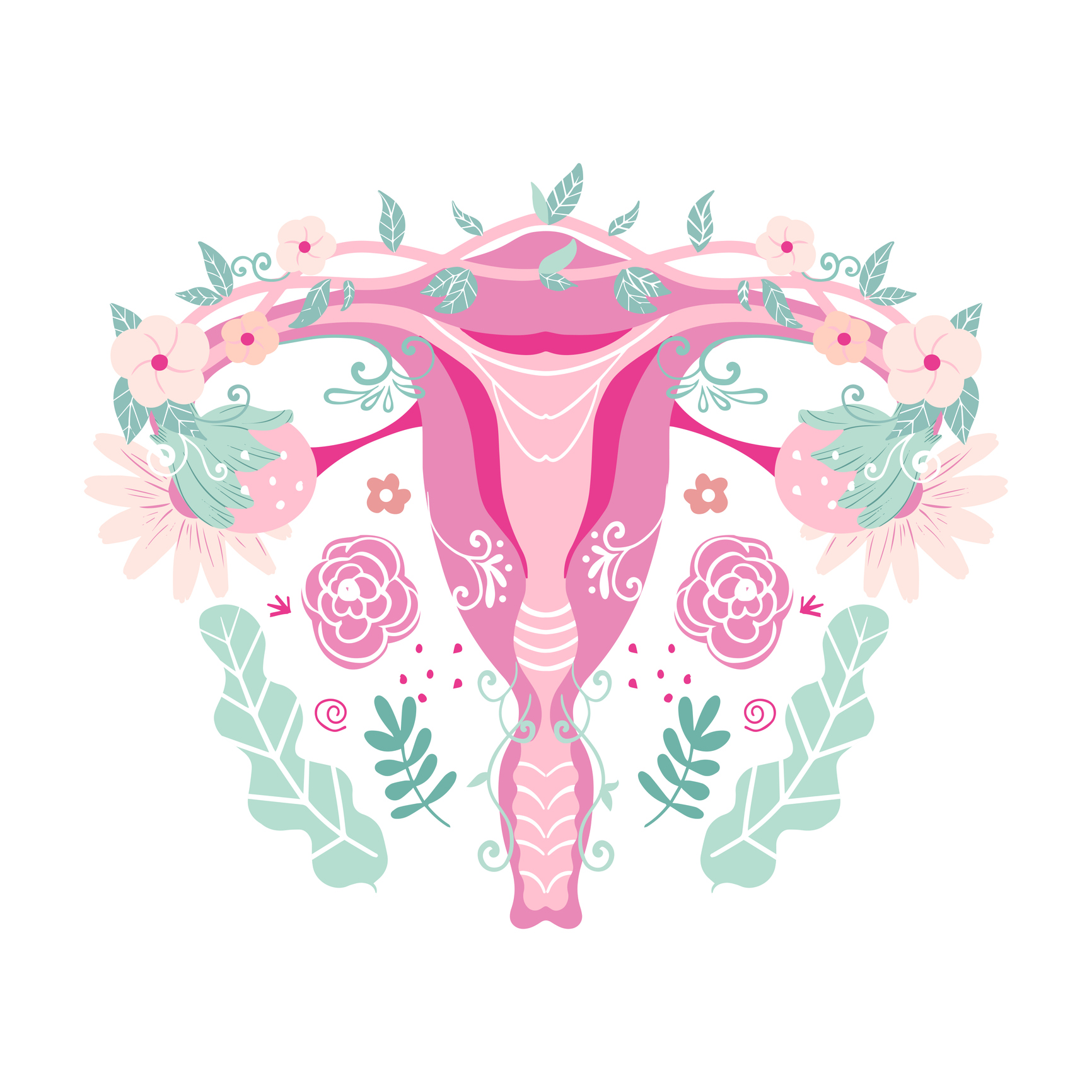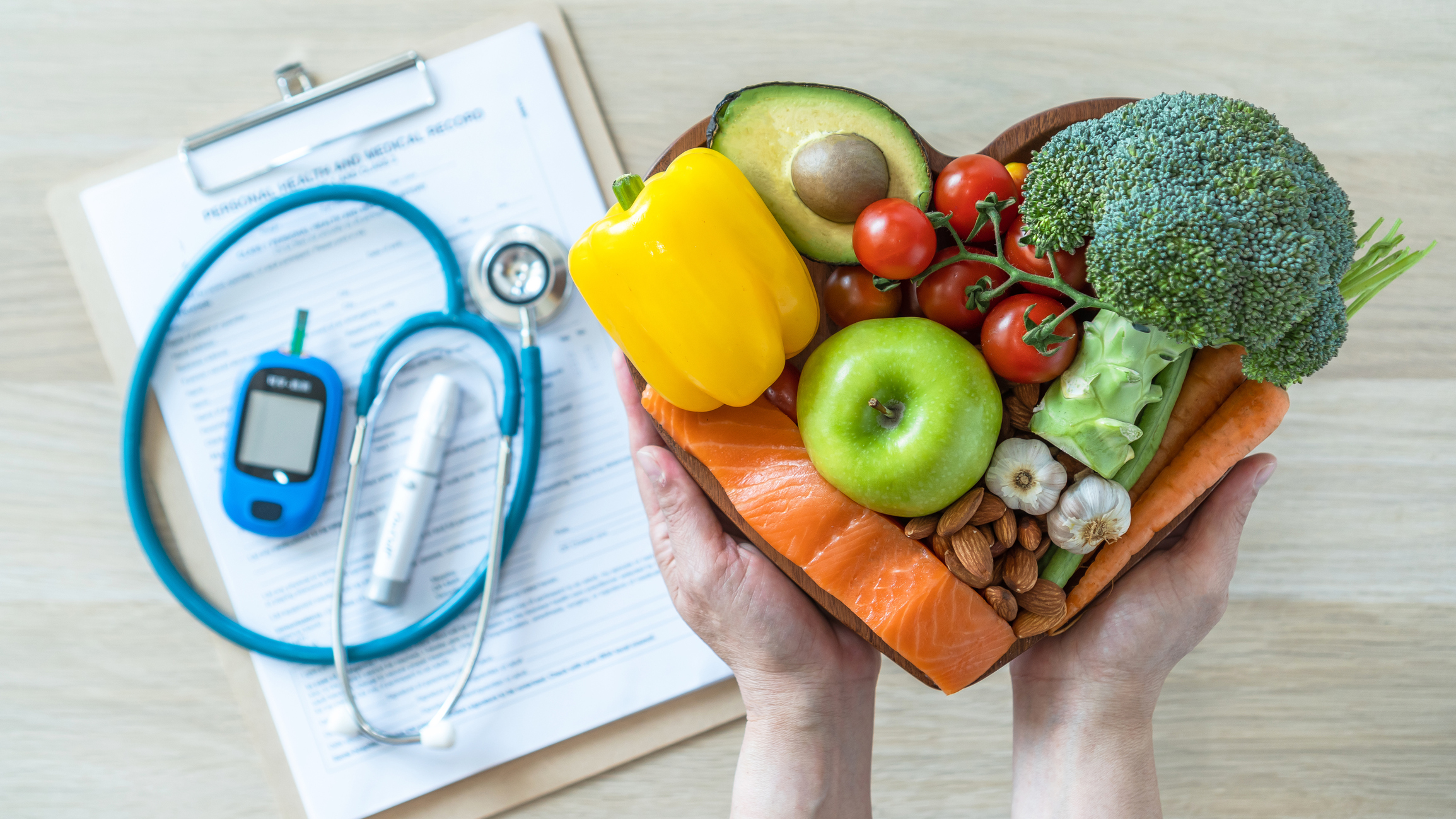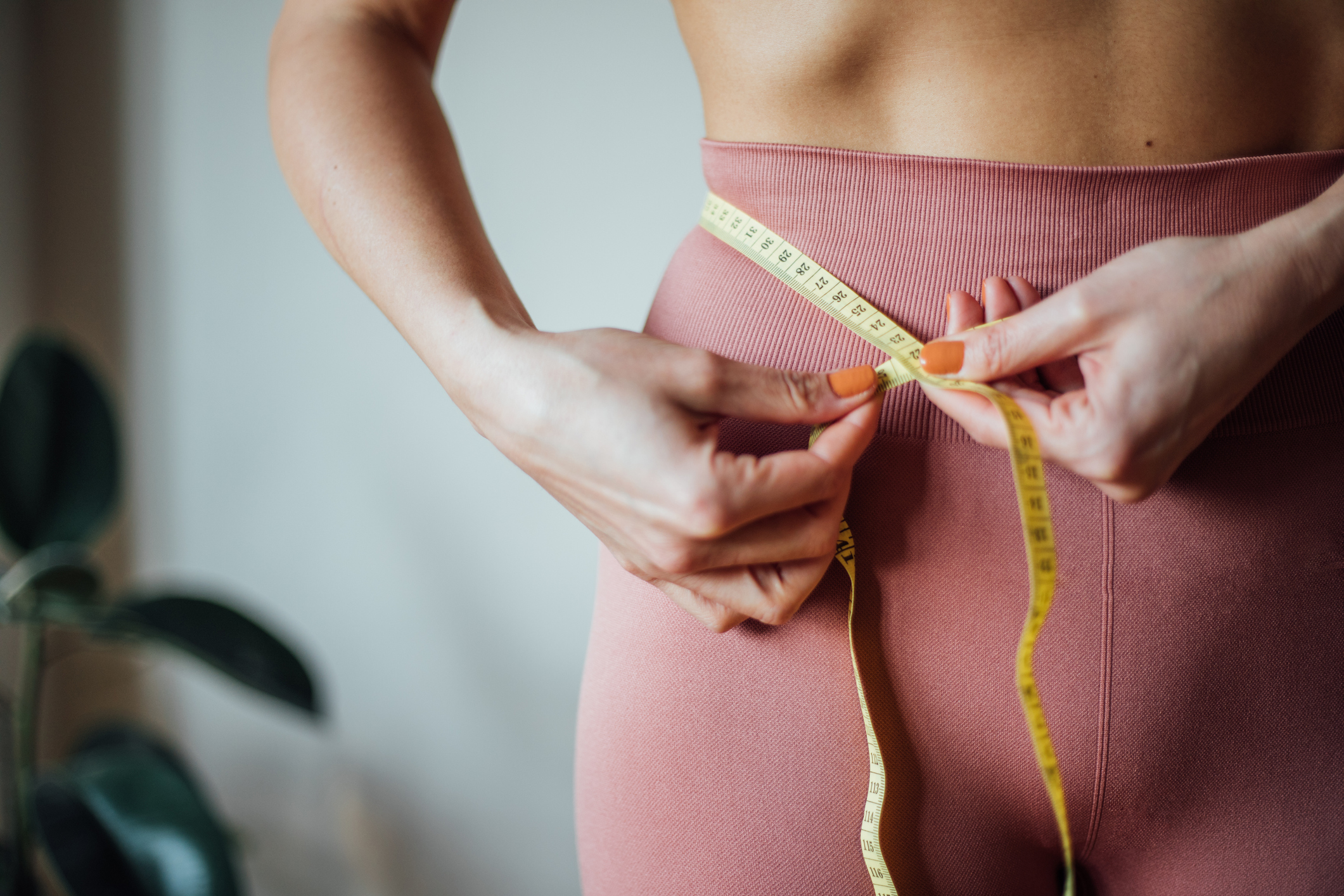Blogs
Healthy Pregnancy

While there is much information about health during pregnancy, this blog explores some of the less known facts.
Article
There are many things that are suddenly off limits to women when they become pregnant.
Alcohol, soft cheeses, and sashimi must stop. For the most part women are only too happy to comply, keen to do anything to protect the health of their baby.
But, gaining too much weight during pregnancy is attracting more attention as another potential danger for mother and child. Particularly, developing gestational diabetes can set the baby off on the back step from the moment of birth.
It’s the fastest growing form of diabetes in Australia, where women test positive for unhealthily high glucose levels during pregnancy. Often, they’re already overweight or obese. They probably already have some form of insulin resistance which can also make becoming pregnant a great challenge in the first place because hormones are all out of balance.
The baby is born sharing the mother’s blood supply so if the mother has high glucose levels, the baby will too. The mother’s may stabilise post birth though many go on to get Type 2 diabetes, but the baby is a pretty sure bet to struggle through life with this issue.
It’s worth knowing that women should only gain 12kg during a normal pregnancy and if you’re already overweight, you may not have to gain any weight at all during pregnancy. There are many women gaining 30kg during pregnancy and this is very dangerous.
A pregnant womans additional food requirements are negligible in the first trimester, followed by a slight increase in the second and third trimester. However, if you are over-consuming to begin with, there may be no increase necessary at all.
If you’re trying to get pregnant, look on it as training to become an Olympic athlete. It’s a huge undertaking that needs preparation for your body. Hormones are dramatically impacted by being overweight.
Many women join AstonRX and get pregnant soon after because regulating insulin is key to regulating hormones. Management of insulin resistance is about controlling what you eat, making sure you’re not gaining any more weight so that it stays in the healthy range and do some physical activity.
It’s really that simple and so important to ensure the baby has the best chance of a healthy life, not being born extremely large as often happens in gestational diabetes, and, just as importantly, ensures your own ongoing health for yourself and to care for your children.


